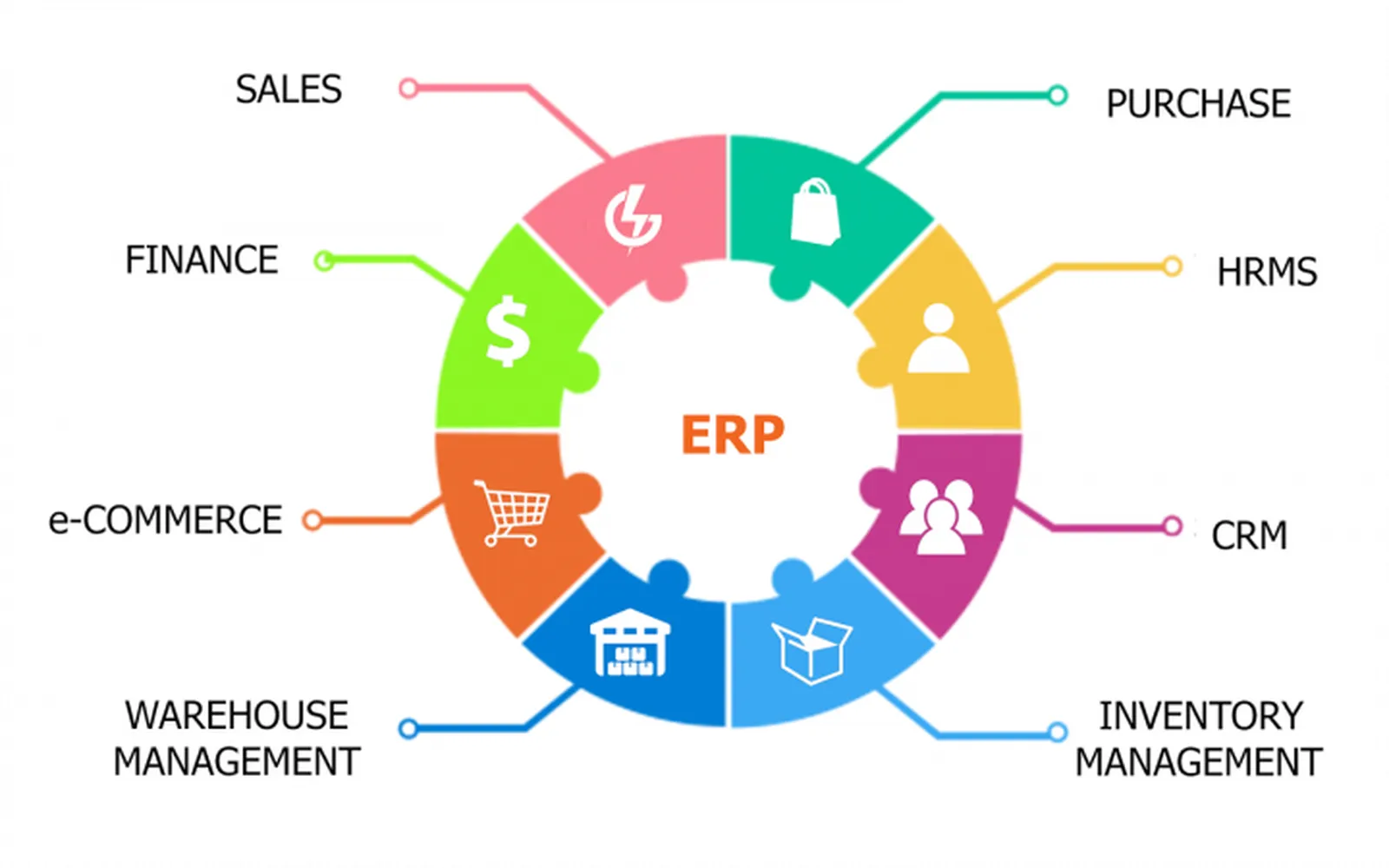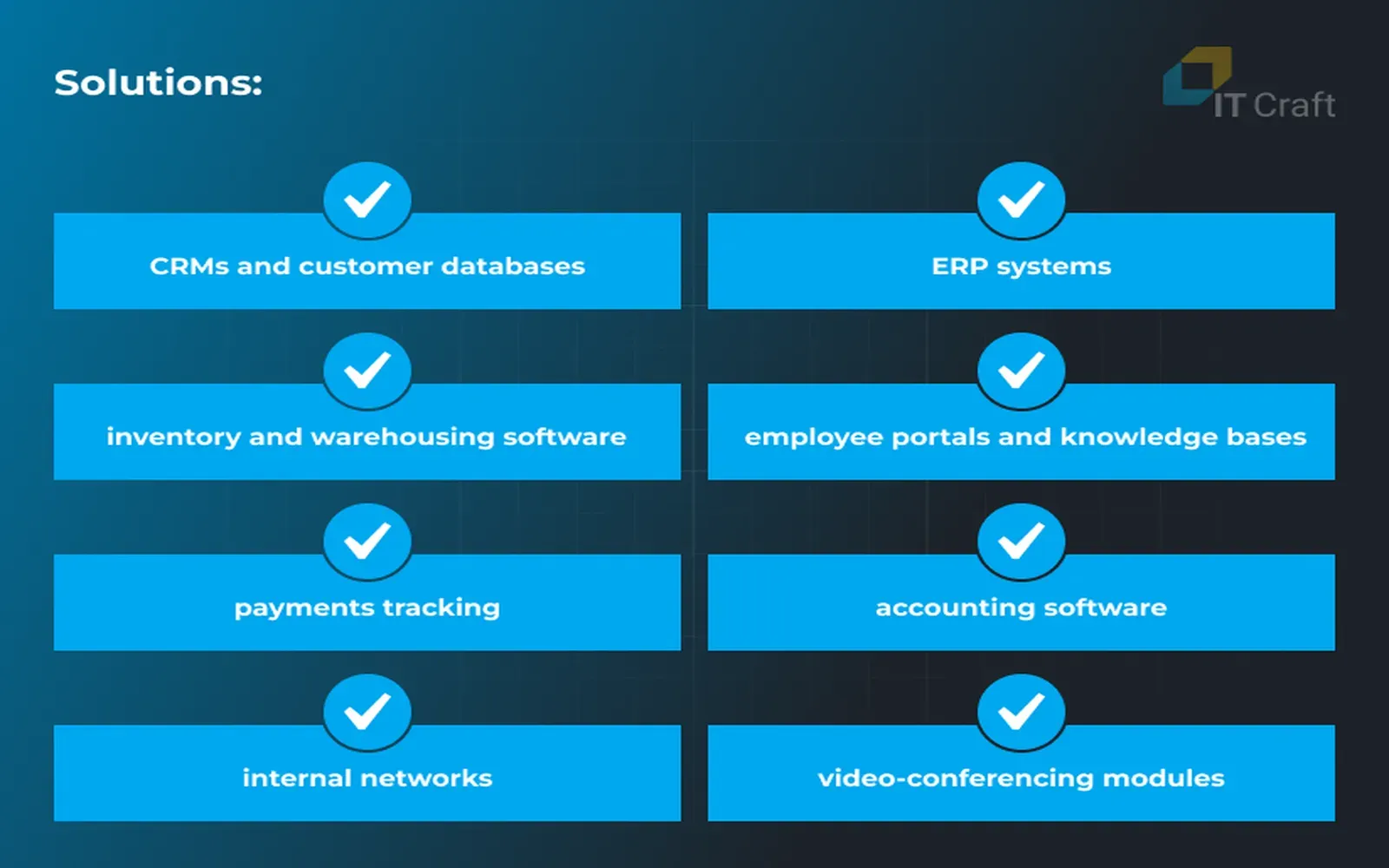Hybrid Cloud Computing: A Growth Strategy for Small Businesses
Introduction to Hybrid Cloud Computing
In today's digital landscape, small businesses are increasingly seeking innovative solutions to enhance their operational efficiency and competitiveness. Hybrid cloud computing has emerged as a powerful strategy that enables small businesses to leverage the benefits of both public and private cloud infrastructures. By combining the advantages of both environments, hybrid cloud computing offers a flexible, scalable, and cost-effective solution that can be tailored to the specific needs of small businesses. This article explores the concept of hybrid cloud computing, its benefits, challenges, and strategies for small businesses looking to adopt this growth strategy.
Understanding Hybrid Cloud Computing
Hybrid cloud computing refers to an IT architecture that incorporates both public and private cloud environments. In this model, businesses can store sensitive data and critical applications on a private cloud while utilizing the public cloud for less sensitive operations, such as hosting applications or managing workloads during peak demand. This combination allows businesses to achieve greater flexibility and control over their data and applications.
The Benefits of Hybrid Cloud Computing for Small Businesses
Small businesses can gain numerous advantages from adopting hybrid cloud computing. Here are some key benefits that make it an attractive growth strategy:
1. Cost Efficiency
One of the most significant advantages of hybrid cloud computing is cost efficiency. Small businesses often have limited budgets for IT infrastructure. By using a hybrid model, they can reduce capital expenditures associated with purchasing and maintaining physical servers. The public cloud can be utilized for variable workloads, allowing businesses to pay only for the resources they need when they need them.
2. Scalability
Hybrid cloud solutions provide small businesses with the ability to scale their IT resources up or down as needed. During periods of high demand, companies can quickly access additional resources from the public cloud without the need for significant investments in hardware. This flexibility allows small businesses to respond to market changes more effectively.
3. Enhanced Security
Data security is a primary concern for small businesses, particularly those handling sensitive customer information. Hybrid cloud computing allows companies to keep critical data on a private cloud, providing greater control over security measures and compliance requirements. Meanwhile, less sensitive applications can be run on the public cloud, striking a balance between security and accessibility.
4. Improved Performance
Hybrid cloud solutions can enhance performance by distributing workloads across multiple environments. Small businesses can utilize the public cloud for high-computational tasks while maintaining more sensitive operations on a private cloud. This distribution of workloads can lead to improved application performance and reduced latency.
5. Business Continuity and Disaster Recovery
Hybrid cloud computing can also bolster a small business's disaster recovery strategy. With data stored in both private and public clouds, businesses can ensure that they have backup options in case of hardware failures or natural disasters. This redundancy minimizes downtime and helps maintain operations in challenging circumstances.
Challenges of Implementing Hybrid Cloud Computing
While hybrid cloud computing offers many benefits, small businesses must also be aware of the challenges associated with its implementation:
1. Complexity of Management
Managing a hybrid cloud environment can be complex. Small businesses may struggle to integrate and manage multiple cloud services effectively. This complexity requires skilled IT personnel who can oversee both the private and public cloud environments, which may not always be feasible for smaller organizations with limited resources.
2. Data Security Concerns
While hybrid cloud can enhance security, it also introduces potential vulnerabilities. Data transfer between public and private clouds can expose sensitive information to risks if not managed appropriately. Small businesses need to implement robust security protocols and access controls to protect their data.
3. Compliance Issues
Many small businesses operate in regulated industries and must comply with specific data protection laws. Ensuring compliance in a hybrid cloud environment can be challenging, as businesses must understand where their data is stored and how it is managed. Failure to comply with regulations can lead to significant penalties.
4. Potential for Vendor Lock-In
Small businesses may find themselves locked into a specific cloud service provider if they heavily rely on proprietary tools or services. This vendor lock-in can limit flexibility and increase costs in the long run. It is essential for small businesses to carefully evaluate their cloud service agreements and consider multi-cloud strategies to mitigate these risks.
Strategies for Small Businesses to Adopt Hybrid Cloud Computing
To successfully implement hybrid cloud computing, small businesses should consider the following strategies:
1. Assess Business Needs
Before adopting a hybrid cloud solution, small businesses should assess their specific needs and objectives. This evaluation includes understanding their data storage requirements, application workloads, security concerns, and compliance obligations. A clear understanding of these factors will guide the selection of the right hybrid cloud model.
2. Choose the Right Providers
Selecting the right cloud service providers is crucial for a successful hybrid cloud implementation. Small businesses should look for providers that offer reliable services, strong security measures, and excellent customer support. It is also essential to evaluate the compatibility of the public and private cloud services to ensure seamless integration.
3. Develop a Data Management Strategy
A robust data management strategy is essential for optimizing hybrid cloud environments. Small businesses should establish policies for data classification, storage, and access controls. This strategy should outline which data is stored in the private cloud and which is suitable for the public cloud, ensuring data security and compliance.
4. Invest in Training and Skills Development
To effectively manage a hybrid cloud environment, small businesses should invest in training and skills development for their IT staff. This investment will empower employees to navigate the complexities of hybrid cloud solutions, implement security measures, and ensure compliance with regulations.
5. Monitor and Optimize
Once a hybrid cloud solution is in place, it is essential to continuously monitor performance and optimize resource allocation. Small businesses should use analytics tools to assess the efficiency of their hybrid cloud environment and make adjustments as needed to enhance performance and reduce costs.
Case Studies: Small Businesses Leveraging Hybrid Cloud
Numerous small businesses have successfully adopted hybrid cloud computing as part of their growth strategy. Here are a couple of examples:
1. A Retail Startup
A retail startup that sells custom clothing needed to scale its operations quickly during peak seasons. By adopting a hybrid cloud model, the company stored customer data and financial records on a private cloud for security while using a public cloud to host its online store. This approach allowed the business to manage increased website traffic without sacrificing security or performance.
2. A Marketing Agency
A small marketing agency handling multiple clients found that managing data and applications in a hybrid cloud environment improved collaboration and productivity. The agency used a private cloud for sensitive client data and a public cloud for project management tools. This setup allowed team members to access files securely while benefiting from the flexibility of a public cloud.
Conclusion
Hybrid cloud computing presents a compelling growth strategy for small businesses seeking to enhance their operational efficiency, scalability, and security. By leveraging the strengths of both public and private cloud environments, small businesses can reduce costs, improve performance, and ensure business continuity. However, successful adoption requires careful planning, effective management, and a commitment to ongoing optimization. As technology continues to evolve, hybrid cloud computing is likely to play an increasingly vital role in the success of small businesses in various industries.
Explore

Unlocking Growth: The Ultimate Guide to the Best ERP Solutions for Small Businesses

Top ERP Systems for Small Businesses: Streamline Your Operations and Boost Growth

Cloud Backup: A Critical Guide for Small Businesses

Cloud Web Security: Protecting Your Cloud Infrastructure
Cloud Services in Daily Life: How the Cloud is Changing the Way We Live

Boost Your Small Business: The Ultimate Guide to WiFi Solutions for Growth and Connectivity

Top Small Business Software for Efficiency & Growth

Elevate Your Small Business Communication: Discover the Power of Cloud Phone Systems
